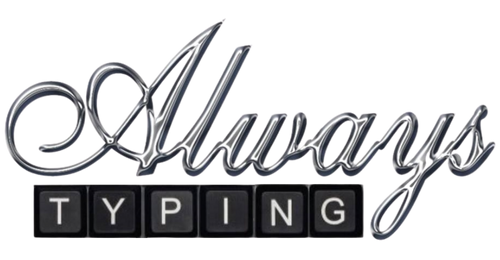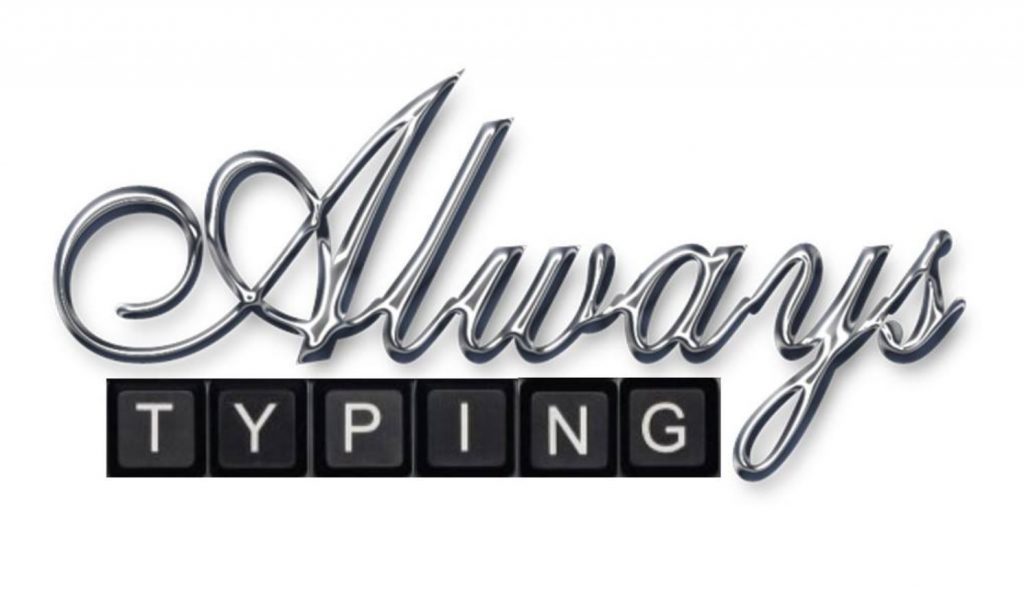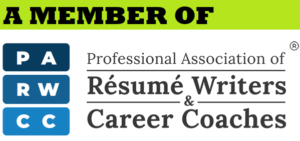Did you know hiring managers spend roughly one-third of their week sourcing candidates? When you picture how many resumes hiring managers must see each week, you’ll realize it’s vital you have a professional, eye-catching document. Many people struggle with this because they don’t know if they need a one-page resume or two pages.
Both resume lengths have their place in the job search. Depending on where you are in your career, you may be able to use either option. Keep reading to learn more about when it’s the most appropriate to use a one-page resume.
Table of Contents
ToggleOne-Page vs. Two-Page Resume: Which Do You Need?
The best resume length for your job search will depend on a few factors. Consider the following before you choose a resume length:
- How much experience do you have?
- How many roles have you held?
- Do you have a lot of extras to add? Such as speaking engagements, publications, or awards.
- Are you entry-level?
- Are you a new graduate?
The answer to all of these will help determine how much resume real estate you need. In the next section, we’ll go into more detail about when to use the one-page resume.
When to Use a One-Page Resume
If you don’t have a lot of experience to highlight or are still new to your career, a one-page resume may be the best option for your search. Several resume elements must be included on all resumes, which we’ll discuss in the next section, so you must ensure it all fits in a one-page format.
The four following situations are the most common that require a one-page resume. Discover more about each:
Entry-Level
Entry-level candidates likely don’t have a lot of experience to highlight, so a one-page resume is perfect. A one-pager is enough information to include the summary, your areas of expertise, and any transferable skills learned through internships, other work experience, or classes.
New Graduates
As a new graduate, you have to have a one-page resume. Even if you worked during college and held several internships, a one-page is most appropriate for this situation. Focus on including only the most relevant and impactful information.
Fewer Than 5 Years of Experience
If you are still early in your career, a one-page resume might be a good fit for you. By focusing on the tips below, you can easily include the most impactful information.
One Role for an Extended Time
This one is rare, but some people stay in a single role for 10-20 years. In these situations, you can probably get away with a one-page resume. Even though the role was extensive, you still don’t want to overwhelm your reader. If this is the case, you want to highlight your basic duties and 5-8 key achievements. This leaves plenty of room for the summary, education, other credentials, and areas of expertise.
Check out resumes written by Always Typing to compare a one-page resume template to a two-page resume.
How to Make a One-Page Resume:
Getting your information on one page isn’t as difficult as it might seem. There are a few tips and tricks we recommend to make sure you only highlight the relevant information.
It’s also important to note that a one-page resume shouldn’t feel cramped or overwhelming to read. If you have used a super small font size and practically eliminated the margins and white space, you need to move to a two-page format.
PRO TIP: You should stick to 10.5pt font or higher, and your margins shouldn’t be less than 0.5 all the way around the page.
Tips for the one-page format:
Target the Resume
As with any resume, you want to target the resume with keywords. This will keep the top section of the resume more concise and give you more room for other information.
Combine Experience if it Makes Sense
If you are listing experience to show your transferable skills, it may make sense to consolidate similar roles. For example, if you were a cashier at Walmart and Old Navy during college, you can combine those roles because the duties were similar.
Consolidate Achievements
If possible, consolidate your achievements into one bullet. This is especially effective for a big impact you made that had a ripple effect across the organization. You can combine them under one bullet to create a more impactful bullet that will grab the reader’s attention.
Only Showcase Your Top 3-5 Accomplishments
It’s tempting to list all the accomplishments you’ve had because they’re important to you. It’s equally as tempting to include all details for an accomplishment. This is a bad move for a couple of reasons.
First, you want to tease the hiring manager so they want to learn more. That way they will call you in for an interview and you have a talking point!
Second, too many bullets are daunting to the reader and they may pass your resume over. So, focus on the most important and impactful accomplishments.
Remove Irrelevant Information
Some information is great to discuss when telling someone about yourself, but not fitting for a resume. For example, listing hobbies or all the clubs you joined in college doesn’t really matter in your job search. Before adding anything to the resume, stop and consider if it will provide value to the job you are seeking. If not, leave it off.
Get Help Writing Your Resume Today
Now you understand when a one-page resume is appropriate in your job search. A single-page resume can help you stand out from a crowd of overwhelmingly long resumes. You must understand resume writing standards and guidelines to ensure you include all elements in a shorter document.
If you still have questions or aren’t sure if it fits your unique situation, we are here to help! At Always Typing Resumes, we have helped hundreds of customers just like you in writing professional resumes that helped them land their dream jobs. Check out our services today to learn more.




